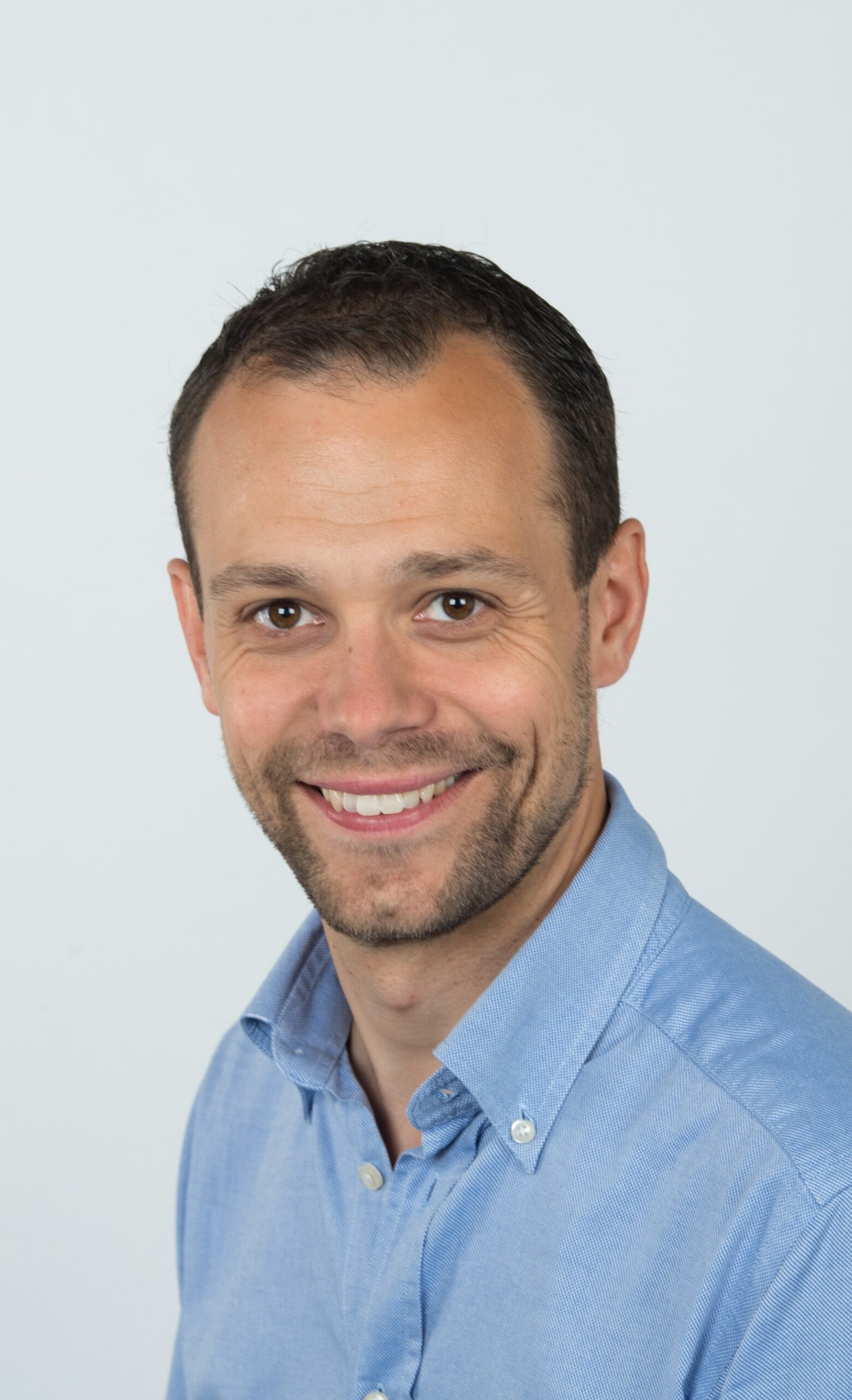Faculty of Economics, Department of Economics would like to invite you to an extra-semestral course 5EN383 Chapters in Economics II.- Labour Economics: Little Theory, More Applications
Visiting Professor from University of Glasgow, Professor Michele Battisti
Department of Economics, Faculty of Economics has the honor to welcome Michele Battisti, who will deliver a course 5EN382 “Labor Economics: Little Theory, More Applications“
Course will take place from 27/11/23 to 29/11/2023, so if you want to participate, please register via INSIS in section extra-semestral courses. Registration available from 19.9. 2023.
Michele Battisti is a Professor of Economics at the Adam Smith Business School. Before joining the University of Glasgow as a Lecturer in August 2018, Michele has worked as an assistant professor at the University of Trento (spring 2018) and as a researcher at the Ifo Institute for Economic Research
at the University of Munich (2012-2017). Michele has received a PhD in Economics from Simon Fraser University (Vancouver, Canada) in 2012. He has completed an MSc in Economics at the University of York (UK) in 2006 and a BSc in Economics and Social Sciences at the University of Trento in 2005. Michele has spent research periods at University College London (2014) and at the University of California Davis (2014) and is a CESifo Research Network Affiliate (Since September 2017).
Michele’s research interests are mainly within the large field of labour economics, with a focus on issues around migration, technological change, gender and health. A recent project of Michele estimates the welfare effects of international migration for non-migrants, taking account of both labour market and fiscal interactions. As part of another project, he has investigated how interactions between workers within a firm can affect labour market outcomes. Michele has also been working on the role of immigrant social networks on the employment and human capital investment decisions of newcomers to Germany. Focusing on asylum seekers, another project employs a field experiment based on a randomised control trial to evaluate the role of matching frictions for the labour market integration of forced migrants in Germany. Within a separate but related research agenda on the effects of innovation for individual workers, Michele has also worked on a project on the heterogeneous effects of technological and organisational change at the firm level for workers of different occupations, age and education levels.
This course will provide a background of the main theories in labour economics and their empirical applications. The main focus will be to apply these theories on relevant real-world case studies, one may be able to see discussed in media. Topics of the course will include the determinants of wages, education and training, labour demand and vacancies, family economics, migration, inequality, discrimination.
By the end of this course students will be able to:
1. Explain the key assumptions and the main insights of theoretical models relevant to labour markets and apply them to understand empirical findings.
2. Carefully evaluate challenges and limitations around the empirical evaluation of the effects of labour market policy interventions.
3. Communicate knowledge acquired on both theoretical and empirical issues concerning labour markets effectively
Schedule:
- Monday 27/11/23 9-12, 14-17, NB457
- Tuesday 28/11/23 9-12, 14-17, NB457
- Wednesday 29/11/23 9-12, 14-17, NB457
Final exam: TBA
We are looking forward to your participation.
Contact person: Helena Chytilová, helena.chytilova@vse.cz
